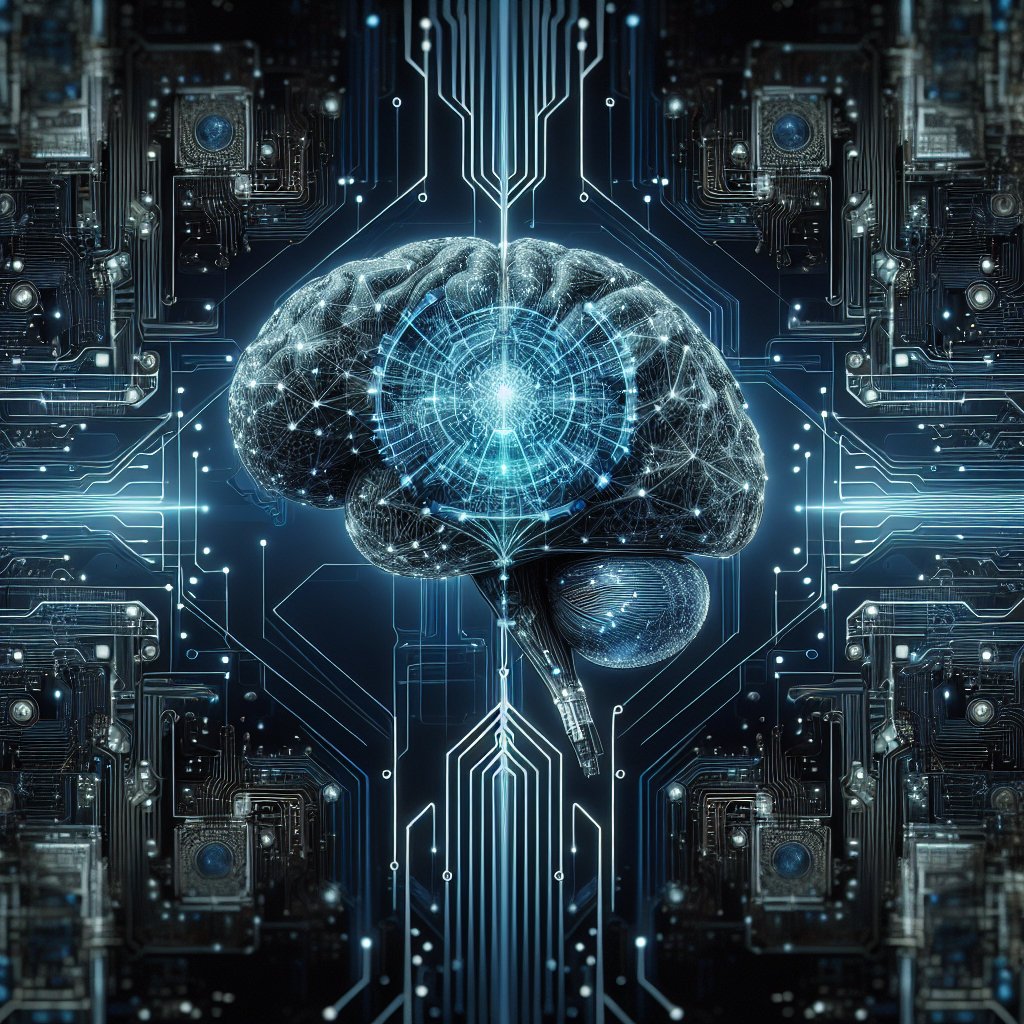The Future of AGI: What to Expect from Advanced AI Systems
Artificial General Intelligence (AGI) refers to the development of AI systems that are capable of performing any intellectual task that a human can. While current AI systems excel at specific tasks, such as image recognition or natural language processing, AGI aims to create systems that can learn and adapt to a wide range of tasks without being specifically programmed for each one. The potential impact of AGI on society is immense, with the ability to revolutionize industries, change the way we work, and even challenge our understanding of what it means to be human. In this article, we will explore the future of AGI, what to expect from advanced AI systems, and address common questions about this rapidly evolving field.
The Current State of AGI Development
While AGI remains a theoretical concept, researchers and developers are making significant strides towards its realization. The field of AI has seen rapid advancements in recent years, with breakthroughs in machine learning, deep learning, and neural networks leading to the development of sophisticated AI systems. These systems are capable of performing complex tasks, such as playing games, driving cars, and even composing music. However, these systems are still limited in their ability to generalize and adapt to new tasks without extensive training and reprogramming.
One of the key challenges in achieving AGI is developing systems that can learn and reason in a way that is analogous to human cognition. This requires the ability to understand context, make inferences, and draw conclusions based on incomplete information. It also requires the ability to learn from experience and adapt to new situations, rather than relying on pre-programmed rules or data sets.
The Future of AGI
The development of AGI has the potential to revolutionize industries across the board, from healthcare and finance to transportation and entertainment. AGI systems could automate repetitive tasks, improve decision-making processes, and enable new forms of creativity and innovation. For example, in healthcare, AGI systems could help diagnose diseases, personalize treatment plans, and predict patient outcomes with greater accuracy than human doctors. In finance, AGI systems could analyze market trends, predict stock prices, and automate trading strategies with greater efficiency and speed than human traders.
AGI also has the potential to change the way we work and interact with technology. As AI systems become more advanced and autonomous, they will be able to take on a wider range of tasks, freeing up humans to focus on more creative and strategic activities. This could lead to a shift in the nature of work, with a greater emphasis on collaboration, problem-solving, and innovation. It could also lead to new forms of human-machine interaction, such as brain-computer interfaces and virtual reality systems that blur the line between the physical and digital worlds.
Challenges and Considerations
While the potential benefits of AGI are vast, there are also significant challenges and considerations that need to be addressed. One of the key challenges is ensuring the safety and reliability of AGI systems. As AI systems become more autonomous and self-learning, there is a risk of unintended consequences, such as bias, errors, and misuse. Ensuring that AGI systems are ethical, transparent, and accountable will be crucial in ensuring their responsible deployment and use.
Another challenge is the impact of AGI on the job market and economy. As AI systems become more advanced and capable of performing a wider range of tasks, there is a risk of widespread job displacement and economic disruption. It will be important to develop policies and strategies to mitigate these risks, such as retraining programs, social safety nets, and regulation of AI technologies.
FAQs
Q: Will AGI surpass human intelligence?
A: While AGI has the potential to surpass human intelligence in certain tasks, such as data processing and analysis, it is unlikely to replicate the full range of human cognitive abilities. Human intelligence is complex and multifaceted, encompassing emotions, creativity, intuition, and social intelligence, which are difficult to replicate in AI systems.
Q: What are the ethical considerations of AGI?
A: Ethical considerations of AGI include issues such as bias, privacy, accountability, and transparency. It will be important to ensure that AGI systems are developed and deployed in a way that is fair, inclusive, and respectful of human values and rights.
Q: Will AGI take over the world?
A: While the idea of AGI taking over the world is a common theme in science fiction, it is unlikely to happen in reality. AGI systems are tools created by humans, and their actions and decisions are ultimately determined by their creators. It will be important to develop safeguards and controls to ensure the safe and responsible use of AGI technologies.
In conclusion, the future of AGI holds great promise for transforming industries, changing the way we work, and challenging our understanding of intelligence and creativity. While there are significant challenges and considerations to address, the potential benefits of AGI are vast and could lead to a new era of innovation and progress. By continuing to invest in research and development, and by addressing ethical and societal concerns, we can harness the power of AGI to create a better future for all.

